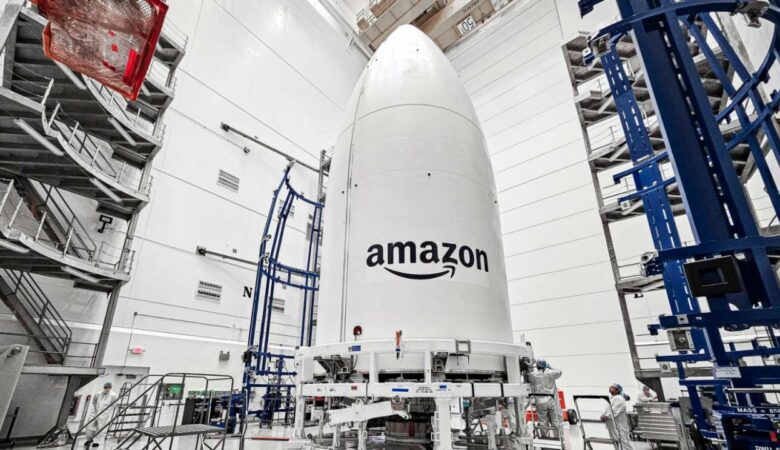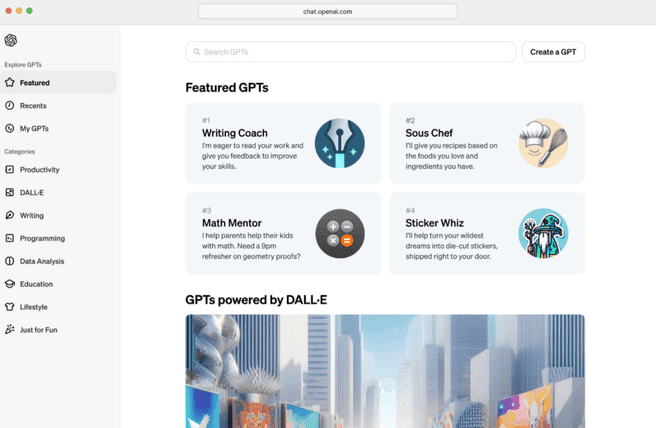Google has made several commitments to the UK competition authority. These should ensure that Google’s Privacy Sandbox does not distort competition and that privacy is observed. These commitments become binding by law.

Under the commitments , Google pledges to remain “in open, constructive dialogue” with the UK’s Competition and Markets Authority and the industry on Privacy Sandbox. Google promises to proactively inform both the CMA “and the wider ecosystem” about timelines, changes and tests with Privacy Sandbox. The company will work with the CMA to resolve concerns raised by the authority. They will also look together at how new proposals can be tested within the Privacy Sandbox. The CMA will collaborate with the UK Information Commissioner’s Office on this.
Another commitment is that Google’s advertising services will not be able to access synced Chrome browser history once the third-party cookies are no longer used by Google. Google also says that these advertising services will not be able to access data from other Google products used by consumers. Google says it will not use this data to track users for advertising purposes or to measure advertisements on websites, including on Google’s own websites.
With the third commitment that Google highlights, the company promises that it will adhere to its own rules. Privacy Sandbox applications will therefore not give preferential treatment to Google’s advertising services or Google’s own websites.
The CMA says it accepts the commitments itself , but will start a consultation to see how other organizations or people view the commitments. The authority is mainly interested in whether the commitments prevent Google from gaining unfair access to tracking functionalities, whether Google could favor its own advertising services and whether the conditions Google sets for Chrome users are fair. This consultation closes on 8 July.
Google is making the commitments after the CMA announced in January that it would launch an investigation into the Privacy Sandbox. At the time, the watchdog said it was mainly afraid that Google could get more advertising revenue with the Sandbox, at the expense of other advertising companies. Should the CMA ultimately decide to definitively accept these commitments, they will become legally binding. FLoC, among others, is part of this Sandbox.







